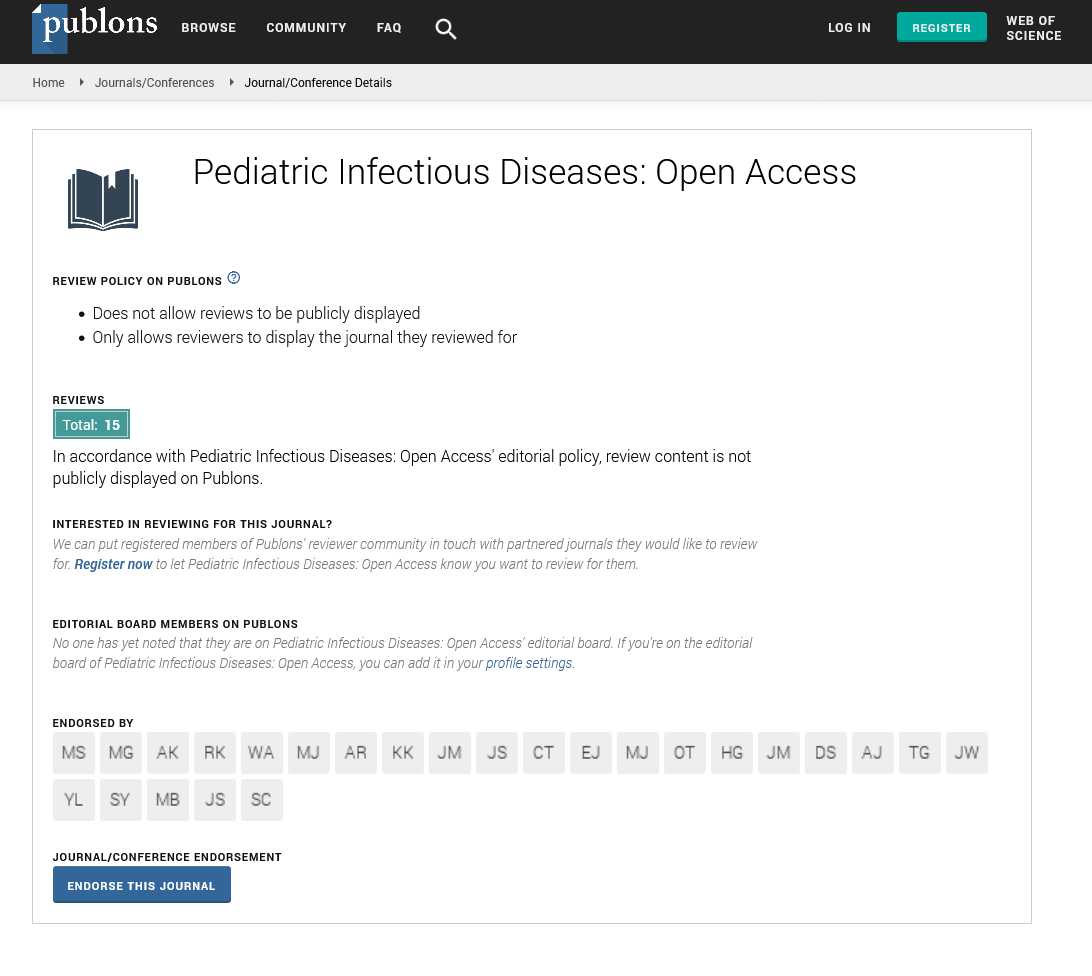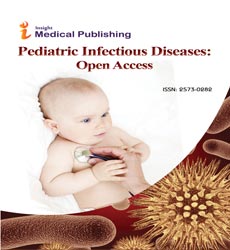Abstract
Children with Acute Malnutrition
Acute malnutrition is a nutritional shortage caused by a lack of energy or protein in the diet. In developing nations, children with primary acute malnutrition are widespread as a result of insufficient food supplies caused by social, economic, and environmental issues. Secondary acute malnutrition is usually due to an underlying disease causing abnormal nutrient loss, increased energy expenditure, or decreased food intake. Acute malnutrition leads to biochemical changes based on metabolic, hormonal, and glucoregulatory mechanisms. With nutritionspecific therapies, the majority of children with primary acute malnutrition can be managed at home (i.e., counselling of parents, ensuring household food security, etc.). Inpatient treatment is recommended in cases of severe acute malnutrition and consequences. The underlying cause of secondary acute malnutrition should be addressed.
Author(s):
Valeria Romano
Abstract | Full-Text | PDF
Share this

Google scholar citation report
Citations : 230
Pediatric Infectious Diseases: Open Access received 230 citations as per google scholar report
Pediatric Infectious Diseases: Open Access peer review process verified at publons
Abstracted/Indexed in
- Google Scholar
- China National Knowledge Infrastructure (CNKI)
- Cosmos IF
- Secret Search Engine Labs
Open Access Journals
- Aquaculture & Veterinary Science
- Chemistry & Chemical Sciences
- Clinical Sciences
- Engineering
- General Science
- Genetics & Molecular Biology
- Health Care & Nursing
- Immunology & Microbiology
- Materials Science
- Mathematics & Physics
- Medical Sciences
- Neurology & Psychiatry
- Oncology & Cancer Science
- Pharmaceutical Sciences


